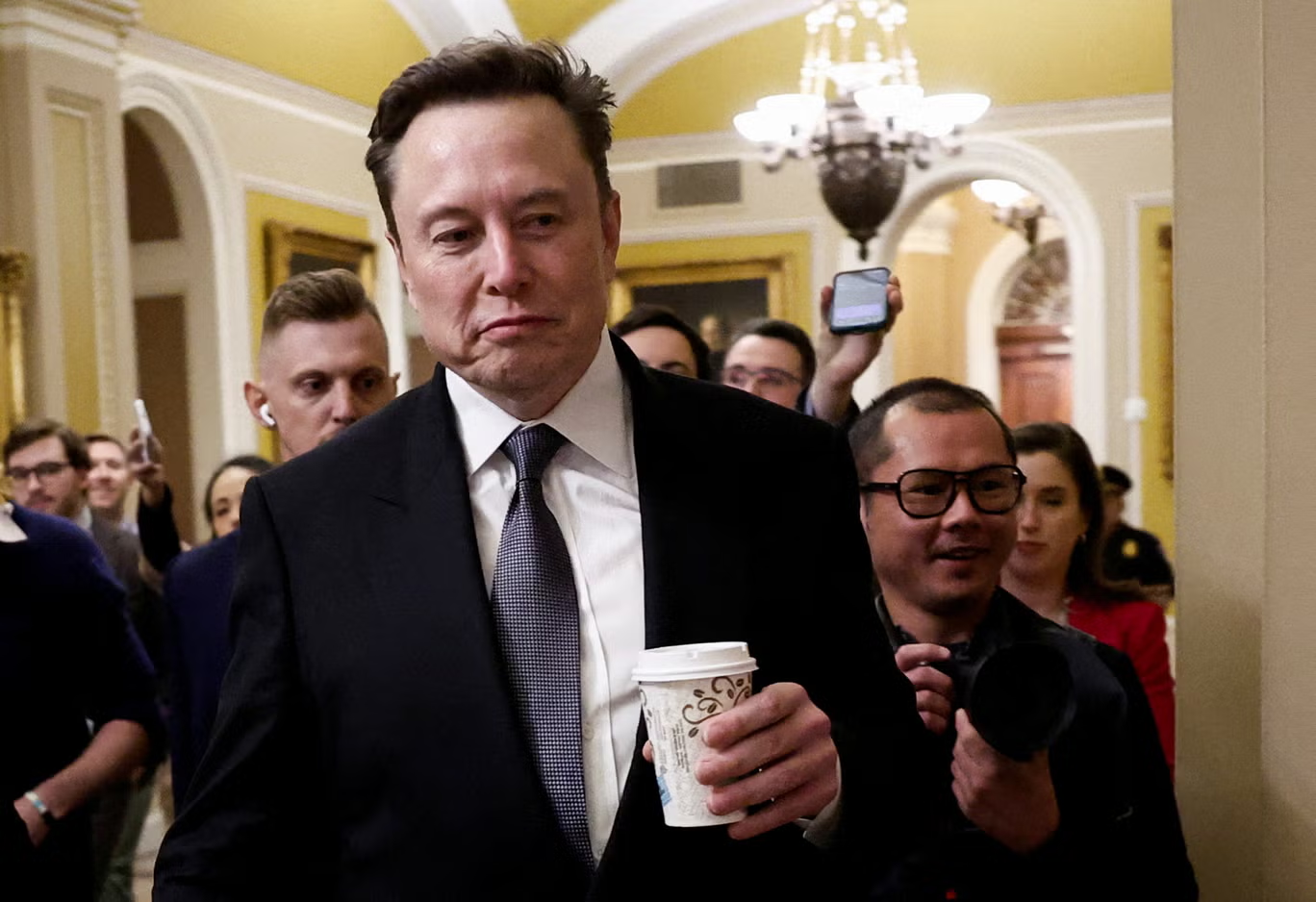The world’s largest retailer, Walmart, plans to roll back several diversity, equity, and inclusion initiatives amid growing pressure from conservative groups. The backlash has set off a larger public debate about corporate responsibility and the evolving American landscape for DEI initiatives.
Walmart to Revamp DEI Policies Amid Backlash
Walmart also said it would lessen its emphasis on diversification-driven programs, such as awarding supply contracts without regard to race and gender. Moreover, Walmart will cease its obligation for suppliers to report demographic data in order to qualify for financing and would scale back the training on racial equity.
A Walmart representative confirmed those changes as well, saying, “We are willing to change alongside our associates and customers who represent all of America.” The changes reflect larger shifts among large firms toward meeting conservative criticism of DEI strategies.
Specific Changes in Walmart’s Approach
This rollback comes with many significant changes. Walmart will end its involvement in LGBTQ rankings, reduce its activities in Pride events, and review other related initiatives in which it is involved. Bloomberg reports that such a move follows a drastic change from what Walmart offered in terms of previous DEI promises.
Following a recent post by conservative activist Robby Starbuck, the retailer made the announcement after disclosing the pending changes. Starbuck claimed productive discussions with Walmart following an initial approach to the company based on concerns over “wokeness” in its policies. His public commentary has previously influenced the corporate strategies of companies of this high profile regarding DEI.
Conservative Pressure Shaping Corporate Policies
Walmart is not alone in rethinking its DEI efforts. Other corporate giants such as Starbucks, JPMorgan Chase, Ford, and Lowe’s have similarly reduced their diversity-related initiatives under conservative scrutiny. Activists like Starbuck have increasingly targeted companies for policies perceived as overly progressive, resulting in significant shifts across the corporate sector.
In fact, Starbuck’s interventions have been so impactful that firms such as Harley-Davidson and Deere & Co. are reviewing their policies. As reported by the Financial Times in September, many companies have decided to change or scrap some of their diversity policies rather than suffer these protracted public criticisms.
The Broader Debate Over DEI Initiatives
The rollback of DEI policies raises questions about corporate America’s role in fostering inclusivity. Critics argue that scaling back such efforts undermines progress toward workplace diversity and equal opportunity. Advocates contend that diversity initiatives create a fairer playing field for underrepresented groups and improve overall organizational performance.
Conversely, conservative groups maintain that DEI policies often unfairly prioritize identity over merit, creating unnecessary divisions. They argue for a return to neutral hiring practices and corporate strategies that focus solely on business outcomes.
Walmart’s Historical DEI Commitments
Walmart has always been a bastion of corporate inclusiveness. In this area, it has supported racial equity efforts and community outreach programs and always fought for LGBTQ rights. The company’s decision to drop these initiatives marks a sharp adjustment in the direction of corporate initiatives.
This new approach is more in line with broader conservative critics of DEI strategies that appear to be overdone or counterproductive. In reducing its importance on these initiatives, Walmart thus appears to be seeking a fragile balance between pleasing its critics and sustaining its inclusive brand.
Implications for Other Corporations
Walmart’s decision will trickle down into corporate America. Being one of the largest retailers, its decision sets an example for other companies who are under similar pressure. Businesses, in response to the DEI backlash some are receiving, may take a page out of Walmart’s playbook in reshaping the future of corporate diversity programs across the country.
However, critics of such rollbacks caution that the erosion of DEI efforts can alienate employees, customers, and stakeholders who value inclusion. The balance for these companies is finding an approach that addresses diverse perspectives without harming either the politics or the public relations associated with it.
Public Reaction and Future Outlook
Mixed reception Walmart’s decision has received. Proponents of the change welcome Walmart for concentrating on the fundamentals of business and for listening to the expectations of conservative critics. Against the change, opponents feel the reversal is a step backward in the struggle to fight for workplace equality and inclusion.
A larger debate marks the growing polarization in public discourse over issues of corporate responsibility. As businesses face these strains, DEI initiatives are uncertain. Walmart may signal a new era in which businesses are more cautious in their approach to diversity policies, responding to cultural and political pressures.
A Turning Point for Corporate Diversity
Walmart’s decision to pare back on its DEI policies highlights the challenge for inclusivity in a politically and public scrutinized society. On one hand, the move helps alleviate conservative concerns, but it also forces valuable questions about the future of corporate diversity efforts into an ever-divided society. As one of the world’s largest retailers, Walmart’s decisions are bound to have influence on this emerging conversation about the role of business in fostering equity and inclusion.











